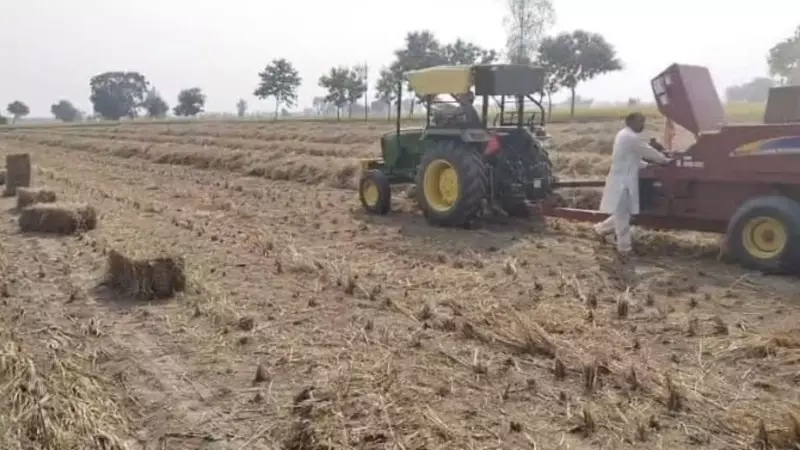
In a significant enforcement action, authorities in Haryana have registered a formal case against a farmer for engaging in stubble burning during the Diwali festival period. The incident occurred in Palwal district, marking a continued crackdown on agricultural practices contributing to northern India's severe air pollution crisis.
Diwali Crackdown on Farm Fires
Despite the festive atmosphere and ongoing celebrations, environmental officials remained vigilant about monitoring agricultural activities. The timing of the violation - during Diwali when air quality typically deteriorates due to fireworks - added gravity to the offense, prompting immediate legal action.
Legal Consequences for Environmental Violation
The First Information Report (FIR) filed against the farmer represents the government's firm stance on implementing pollution control measures. This legal action sends a clear message that seasonal celebrations won't provide cover for practices that exacerbate the region's already critical air quality situation.
The Ongoing Stubble Burning Challenge
Stubble burning remains a contentious issue across northern Indian states, particularly during the post-monsoon harvesting season. Farmers often resort to burning crop residue to quickly clear fields for the next planting cycle, despite the severe environmental consequences and numerous government initiatives promoting alternative methods.
Broader Implications for Agricultural Practices
This case highlights the continuing tension between traditional farming methods and environmental protection efforts. While farmers face practical challenges in managing crop residue, authorities are under increasing pressure to address the public health emergency caused by seasonal pollution spikes.
The Palwal incident serves as a stark reminder that the battle against air pollution requires year-round vigilance, even during major cultural celebrations when enforcement might traditionally relax.






